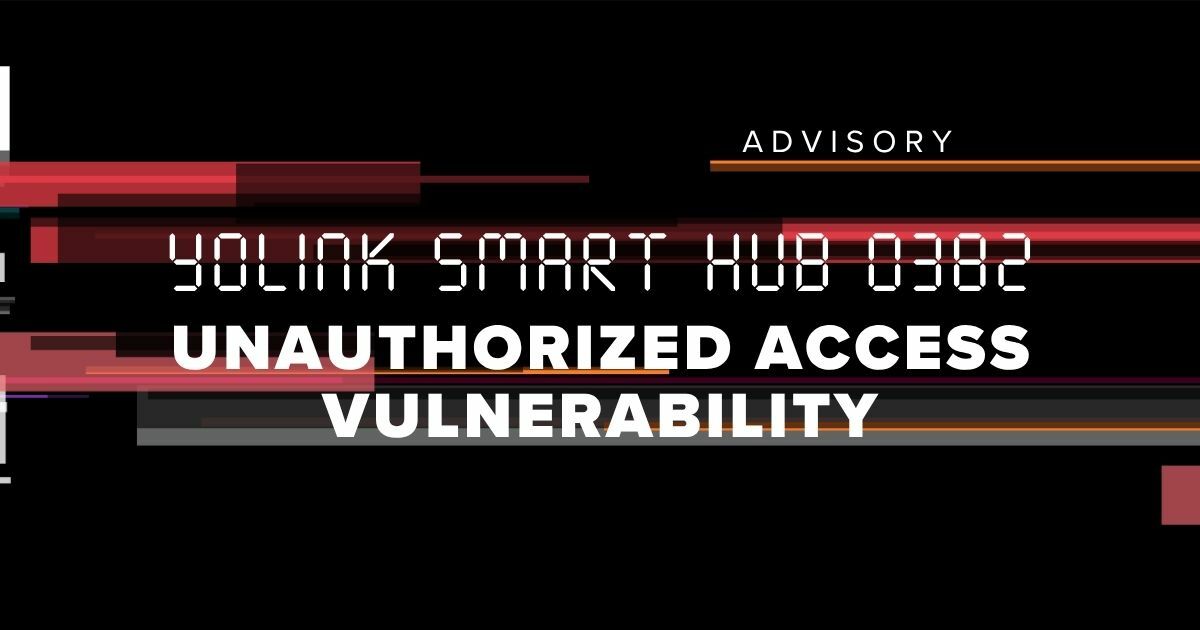Oracle WebLogic Node Manager allows arbitrary configuration via UNC path

Patch Date
January 18, 2011
Oracle - Critical Patch Update for January 2011
Firewall rules should also be implemented to restrict the use of UNC paths on the Node Manager server as well as restricting access to the Node Manager service to only trusted sources.
Reported Date
May 20, 2010 - Submitted to CERT/CC
Vendor
Oracle Corporation
Systems Affected
Oracle WebLogic Node Manager version 10.3.3 (and earlier versions)
Summary
Oracle WebLogic Node Manager 10.3.3 and earlier versions contain a remote file inclusion vulnerability. This vulnerability could allow a remote attacker to execute arbitrary commands on an affected system.
Vendor Status
Oracle is aware of the issue, and has resolved it in their January 2011 security patches.
Exploit Availability
No exploit is required to target this vulnerability. An unauthenticated attacker can connect to the Node Manager service and set the configuration file location to a remote UNC path controlled by the attacker. The configuration file specifies the location of the password file, which can also be located on a UNC path controlled by the attacker. After the attacker has authenticated with their own password file they can use built in Node Manager features to execute commands on the Node Manager server.
Researcher
Carl Livitt of Bishop Fox
Vulnerability Details
Oracle WebLogic Node Manager 10.3.3 and earlier versions contain a remote file inclusion vulnerability. This vulnerability could allow a remote attacker to execute arbitrary commands on an affected system.
Node Manager is a WebLogic Server utility that enables you to start, shut down, and restart Administration Server and Managed Server instances from a remote location. An unauthenticated attacker has the ability to set the configuration file via UNC path.
An unauthenticated attacker can connect to the Node Manager service and set the configuration file location to a remote UNC path controlled by the attacker. The configuration file specifies the location of the password file, which can also be located on UNC path controlled by the attacker. After the attacker has authenticated with their own password file they can use built in Node Manager features to execute commands on the Node Manager server.
Workaround
Firewall rules should also be implemented to restrict the use of UNC paths on the Node Manager server as well as restricting access to the Node Manager service to only trusted sources.
References
- CERT VU: 924300: Vulnerability Note VU#924300 - Oracle WebLogic Node Manager allows arbitrary configuration via UNC path
- Security Focus - ID: 43931: Oracle WebLogic Server Node Manager UNC Path Remote Security Vulnerability
- OSVDB ID: 68954: Oracle WebLogic Node Manager Service Arbitrary File Access
- SA41822: Oracle WebLogic Node Manager File Inclusion Vulnerability
Subscribe to our blog
Be first to learn about latest tools, advisories, and findings.
Thank You! You have been subscribed.


